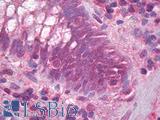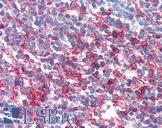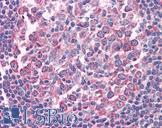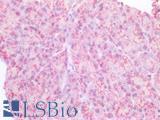Login
Registration enables users to use special features of this website, such as past
order histories, retained contact details for faster checkout, review submissions, and special promotions.
order histories, retained contact details for faster checkout, review submissions, and special promotions.
Forgot password?
Registration enables users to use special features of this website, such as past
order histories, retained contact details for faster checkout, review submissions, and special promotions.
order histories, retained contact details for faster checkout, review submissions, and special promotions.
Quick Order
Products
Antibodies
ELISA and Assay Kits
Research Areas
Infectious Disease
Resources
Purchasing
Reference Material
Contact Us
Location
Corporate Headquarters
Vector Laboratories, Inc.
6737 Mowry Ave
Newark, CA 94560
United States
Telephone Numbers
Customer Service: (800) 227-6666 / (650) 697-3600
Contact Us
Additional Contact Details
Login
Registration enables users to use special features of this website, such as past
order histories, retained contact details for faster checkout, review submissions, and special promotions.
order histories, retained contact details for faster checkout, review submissions, and special promotions.
Forgot password?
Registration enables users to use special features of this website, such as past
order histories, retained contact details for faster checkout, review submissions, and special promotions.
order histories, retained contact details for faster checkout, review submissions, and special promotions.
Quick Order
| Catalog Number | Size | Price |
|---|---|---|
| LS-C777597-0.2 | 0.2 mg (1 mg/ml) | $540 |
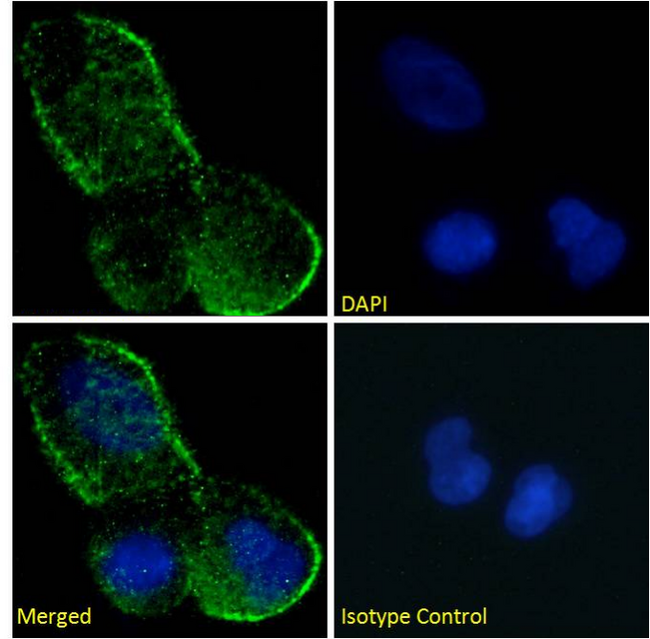
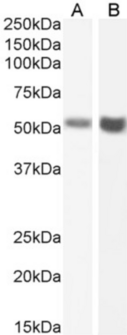
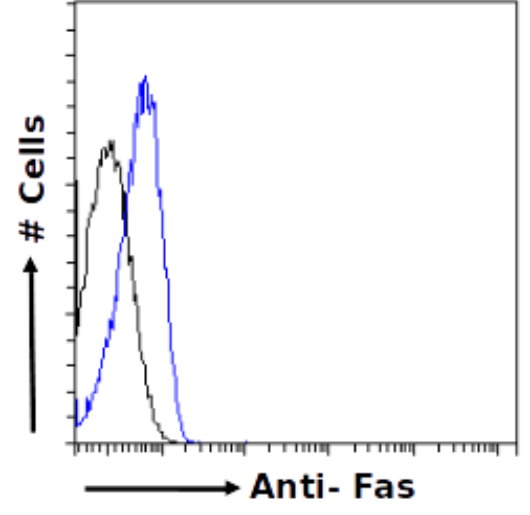



1 of 3
2 of 3
3 of 3
Recombinant Monoclonal Rabbit anti‑Human CD95 / FAS Antibody (clone R‑125224, Fas) LS‑C777597
Recombinant Monoclonal Rabbit anti‑Human CD95 / FAS Antibody (clone R‑125224, Fas) LS‑C777597
Antibody:
CD95 / FAS Rabbit anti-Human Recombinant Monoclonal (Fas) (R-125224) Antibody
Application:
Flo, ELISA
Reactivity:
Human
Format:
Unconjugated, Unmodified
Toll Free North America
 (800) 227-6666
(800) 227-6666
For Research Use Only
Overview
Antibody:
CD95 / FAS Rabbit anti-Human Recombinant Monoclonal (Fas) (R-125224) Antibody
Application:
Flo, ELISA
Reactivity:
Human
Format:
Unconjugated, Unmodified
Specifications
Description
This CD95 / FAS antibody is an unconjugated Rabbit/Human chimeric recombinant monoclonal antibody. Validated for ELISA and Flo.
Target
Human CD95 / FAS
Synonyms
FAS | ALPS1A | APO-1 | APT1 | Apo-1 antigen | APO-1 cell surface antigen | Apo11 antigen | Apoptosis antigen 1 | CD95 antigen | Delta Fas/APO-1/CD95 | Fas AMA | FAS1 | Fasl receptors | FASLG receptor | FASTM | FAS 827dupA | Fasl receptor | TNFRSF6 | CD95
Host
Rabbit
Reactivity
Human
(tested or 100% immunogen sequence identity)
Clonality
IgG,k
Recombinant Monoclonal
Clone
R-125224
Conjugations
Unconjugated
Purification
Protein A purified
Modifications
Unmodified
Immunogen
R-125224 is generated by the humanization of the murine HFE7A anti-Fas antibody by grafting the CDR regions to the framework regions of the human 8E10 antibody and substituting key framework residues from the murine antibody into the 8E10 sequence. The original HFE7A was derived from a hybridoma cell line generated by the fusion of NS1 myeloma cells with splenocytes from Fas-deficient mice which had been immunized with partially purified recombinant human Fas-AIC2A chimera protein consisting of the extracellular region of human Fas antigen and the extracellular region of the murine IL-3 receptor AIC2. The HFE7A hybridoma was selected after screening by flow cytometry for the production of antibodies with the ability to bind to the WR19L12a transformed murine T cell lymphoma cell line expressing human Fas or the L5178YA1 cell line expressing murine Fas, but not to the parental cells.
Epitope
Fas
Specificity
R-125224 binds to the extracellular portion of human Fas at an eptiope consisting of the sequence RTQNTKCRCK (aa 105-114) (pmid: 11754745). Fas is a type I membrane protein which belongs to the tumor necrosis factor (TNF) receptor/nerve growth factor (NGF) receptor superfamily. It is able to transduce apoptotic signals into the cell when bound by its ligand FasL (Fas ligand), which is primarily expressed in activated T lymphoid-myeloid lineage cells, in the eye, in reproductive organs and in some tumors. The Fas-FasL system is known to play an important role in maintaining the immune system as mice with Fas-defective lymphoproliferation (lpr) and FasL-defective generalized lymphoproliferative disease (gld) mutations develop massive lymphadenopathy and autoimmune diseases.
Applications
- Flow Cytometry
- ELISA
Usage
Applications should be user optimized.
Presentation
PBS, 0.02% ProClin™ 300.
Storage
Store at 4°C for up to 3 months. For longer storage, aliquot and store at -20°C.
Restrictions
For research use only. Intended for use by laboratory professionals.
About CD95 / FAS
Publications (0)
Customer Reviews (0)
Featured Products
Species:
Mouse, Human, Rat
Applications:
IHC, IHC - Paraffin, Western blot
Species:
Human
Applications:
IHC, IHC - Paraffin, Flow Cytometry
Species:
Human
Applications:
IHC, IHC - Paraffin, Western blot, Peptide Enzyme-Linked Immunosorbent Assay
Species:
Rat, Mouse
Applications:
Immunoprecipitation
Species:
Rat, Mouse
Applications:
IHC - Paraffin, Immunofluorescence, Western blot
Species:
Rat
Applications:
IHC, IHC - Paraffin, IHC - Frozen, Western blot
Request SDS/MSDS
To request an SDS/MSDS form for this product, please contact our Technical Support department at:
Technical.Support@LSBio.com
Requested From: United States
Date Requested: 4/3/2025
Date Requested: 4/3/2025

